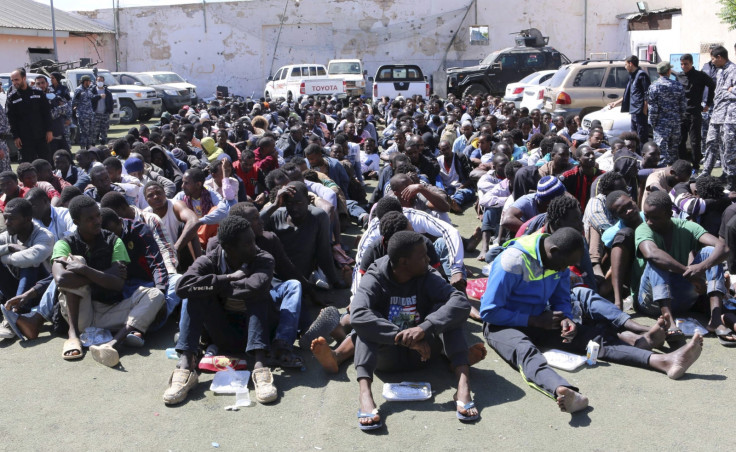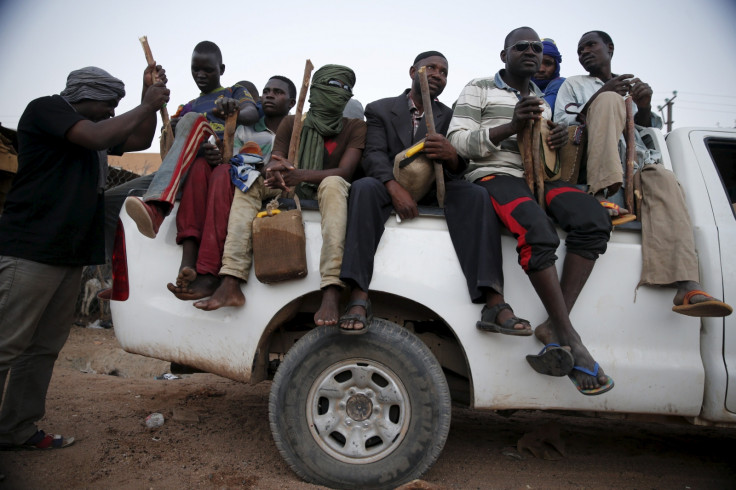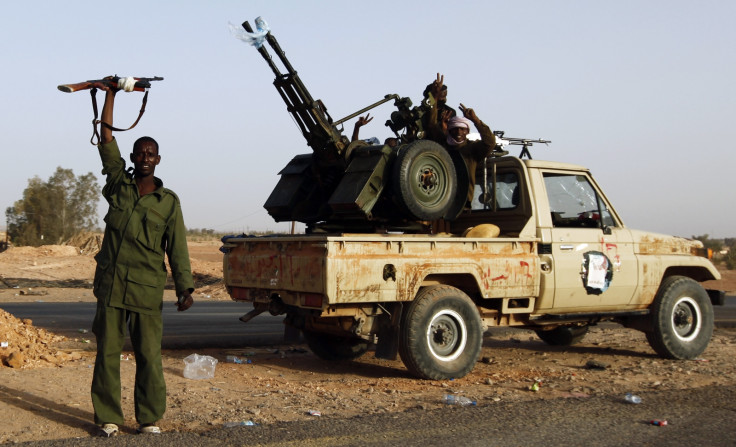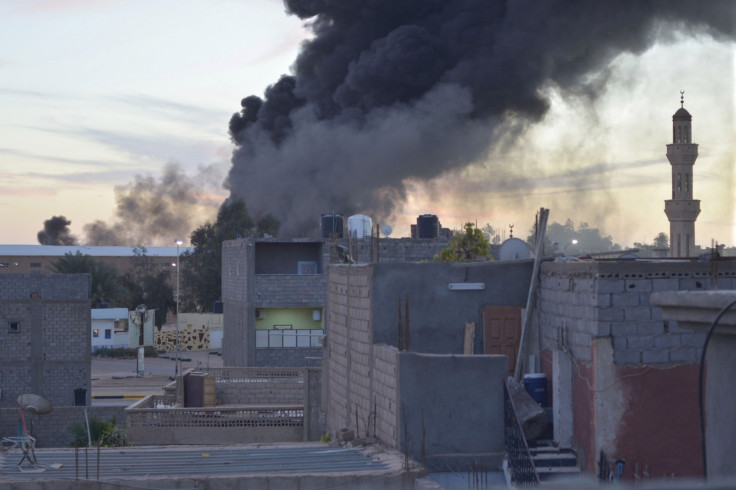Libya: Inside Sabha the heart of Libya's smuggling and human trafficking network

Some 770km to the south of Tripoli lies Sabha the capital of Libya's vast southern Fezzan region and the heart of the country's expansive smuggling and human trafficking network.
The spider's web of ancient trade routes and vested interests which spread outwards from Sabha go north to Tripoli, to the edges of the Mediterranean and south into Niger, Chad and sub Saharan Africa beyond.
While the Tebu and Tuareg ethnic groups which span Libya's southern borders have traded with little regard for the porous frontier for centuries, the country's cross-border black market trade has flourished in the fertile ground of anarchic, post-Gaddafi Libya.
The authority of Libya's two rival governments does not extend into the country's deeply tribal and sparsely populated south. However, the scale of the illicit network trading people, drugs, weapons and fuel is so vast and so lucrative that it encompasses all factions and groups in Libya's divisive civil war.
Speaking to IBTimes UK over the phone on condition of anonymity a Sebha-based activist, who has been tracking the expansion of the black market trade since the end of Libya's revolutionary war in 2011, describes how trafficking in the city has become a way of life.
"The Tebu and to a lesser amount the Tuareg control the smuggling routes from the southern borders," he explained.

In Sebha the Tebu and Taureg live side by side in the southern districts of the city. The north is dominated by Libya's Arab Awlad Suleiman Tribe, aligned with the country's Islamist government in Tripoli.
All three groups have engaged in sporadic clashes for control of the smuggling routes, 40 were killed in the most recent round of the conflict, but with vast sums of money at stake the factions have been able to put their differences aside.
"With Awlad Suleiman and the Tebu, on the surface they fight and hate each other but then on the ground they are dealing with each other for smuggling," the activist explained.
"The Tebu bring in the migrants and the drugs. They bring these things into Sabha and then pass them on at which point Awlad Suleiman distribute and it moves up north to Tripoli," he added.
The activist said that Libya's black market trade was fuelled by the smuggling of cheap petrol to Niger and Chad. He explained that on the whole drugs and people were moved north into Libya while petrol travelled south.
"The petrol smuggling feeds the human trafficking. Eighty percent of petrol stations [in Sabha] are owned by Awlad Suleiman militias. They smuggle this south to Niger and Chad and the profit is immense," he said.
With Awlad Suleiman in charge of Sebha's local council, the only official body with any power in the area, there are few obstacles to the illicit trade. The activist said Tripoli government militias stationed just north of Sebha could at the very least be accused of turning a blind eye to the smuggling but added that their arrival in 2014 had facilitated the movement of petrol in the south which reinvigorated trafficking.

However, the complicity of state officials in the trade becomes clearer as trafficked migrants move further north.
"In 2012, 2013 I would see small pickup trucks with Africans loaded on board passing though the city and then going up north. Nowadays they are not so visible," the activist explained.
"What they do now is hand them over to the so-called security officials in whom are all militia affiliated. They pretend to imprison them or look like they are sending them back but what they do is keep them and from there they sell them off to other militias," he said.
Speaking to IBTimes UK, Mohamed Eljarh, non-resident fellow at the Atlantic Council's Rafik Hariri Center for the Middle East, said: "The smuggling is not confined to one person or one group. People cooperate in ways that you wouldn't imagine in order to get the smuggling done.
"The smuggling networks are intertwined and their common ground is economic. It is all about making money. That's what it is all about for these groups."
Eljarh explained that the ease with which trafficked migrants were moving to the Mediterranean showed how deeply embedded the smuggling networks had become.
"How are these people moving shows you that there are vast and huge networks of people or contacts who are working on all sides. They have connections everywhere in Tobruk Beida, Misrata and Tripoli. The main connection there is money."

The rapid and unchecked growth of Libya's smuggling network has come home to roost in the Mediterranean and mainland Europe with hundreds killed in sea crossings from Libya this year.
The unprecedented number of individuals crossing from Libya to Europe now also poses a more direct security threat.
The offshoot of Islamic State (IS) in Libya has said it hopes to use Libyan ports to cross the Mediterranean posing as migrants and the wreak havoc on mainland Europe.
Leaders within Libya's internationally recognised government have warned IS could use its access to smuggling networks and ports to traffic fighters into Europe. On 6 July, France's defence minister Jean-Yves Le Drian warned Libya was a perfect launch pad for IS to attack Europe.
© Copyright IBTimes 2025. All rights reserved.























